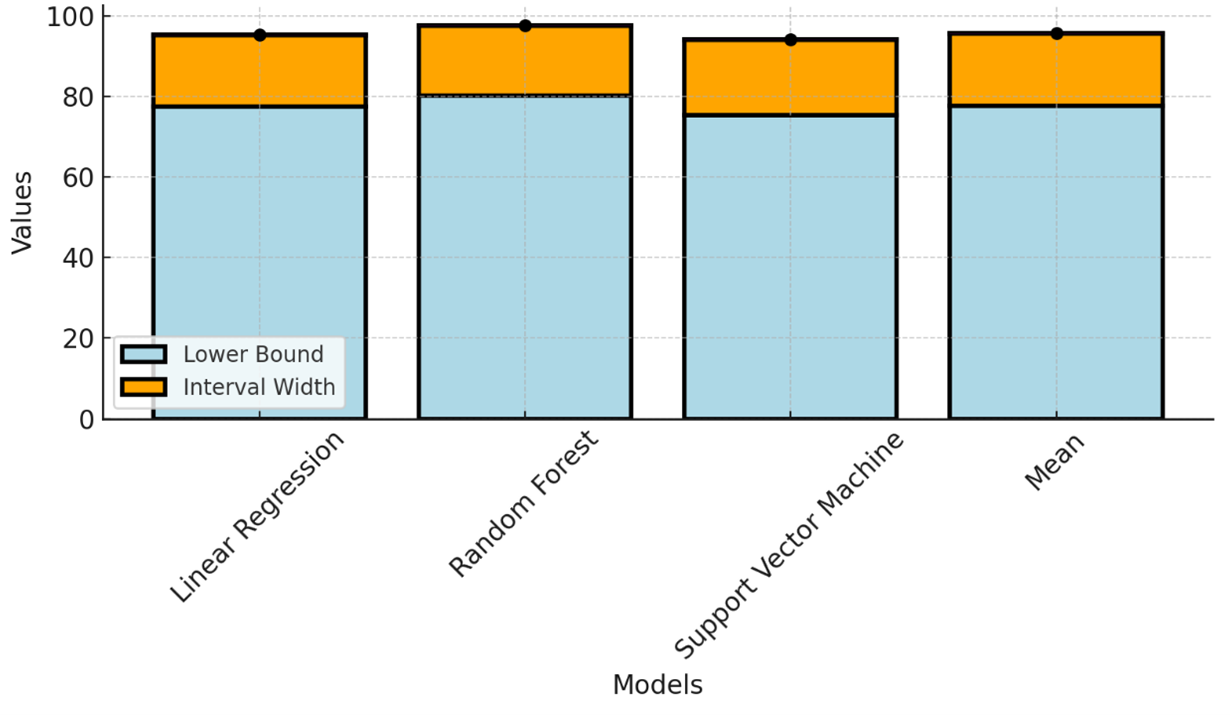Integrating Neutrosophic Theory into Regression Models for Enhanced Prediction of Uncertainty in Social Innovation Ecosystems
Keywords:
Neutrosophic Statistical Prediction, Regression Analysis, Predictive Modeling, Social InnovationAbstract
This paper focuses on a crucial issue in data analysis: the incorporation of neutrosophic theory into regression prediction to accurately characterize and depict uncertainty in the social innovation ecosystem. The study centers on the limitations of conventional regression methods in modeling intricate and uncertain events related to social innovation, a subject of growing importance in a dynamic global landscape. This paper aims to address the gap in the literature by utilizing neutrosophic theory to provide a more comprehensive and dynamic representation of innovation processes, which are characterized by indeterminacy and ambiguity. The methodology employed for this study involves including neutrosophic numbers in the regression models, therefore enabling a more comprehensive and intricate assessment of the variables associated with social innovation. Through empirical analysis and simulations, the results demonstrate that the neutrosophic approach enhances predictive capability by more effectively capturing the intricacies and uncertainty of the data. This work makes a theoretical contribution to the area by presenting a novel viewpoint on the modeling of social innovation and its inherent difficulties. It also has practical consequences by offering more accurate tools for evaluating and designing innovation practices in social settings. Furthermore, the results enhance the comprehension of how uncertainty can be efficiently controlled in the prediction and decision-making processes of social innovation.
Downloads

Downloads
Published
License
Copyright (c) 2024 Neutrosophic Sets and Systems

This work is licensed under a Creative Commons Attribution 4.0 International License.






